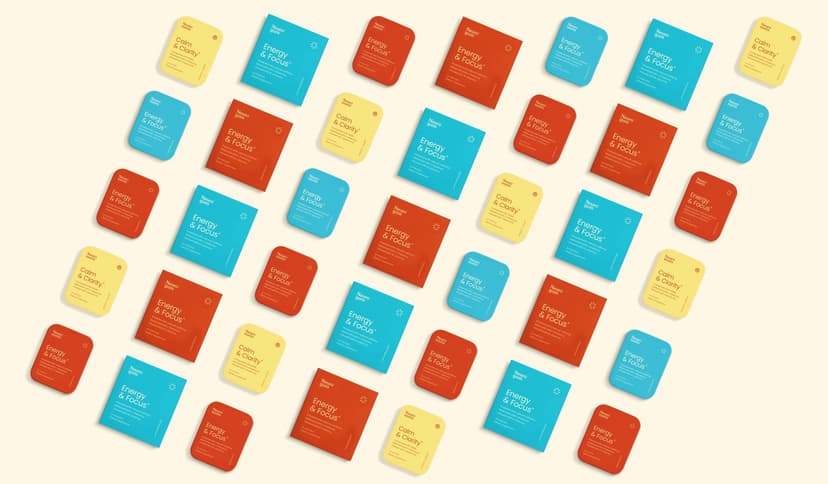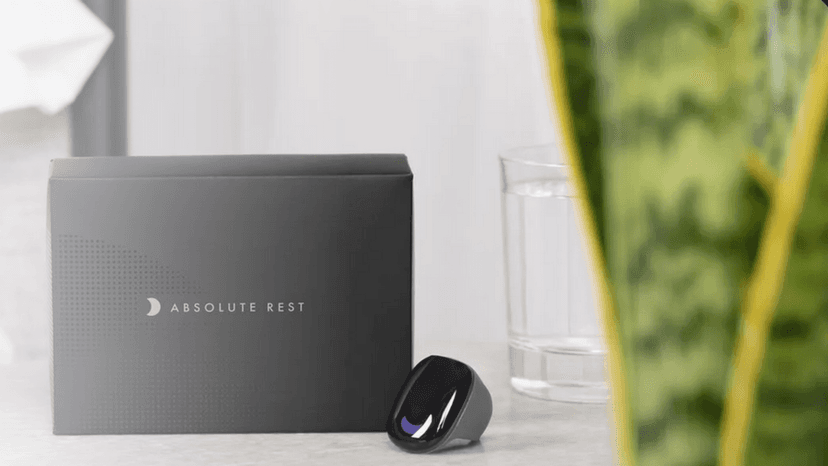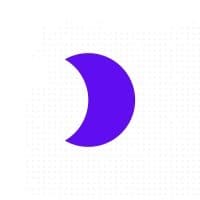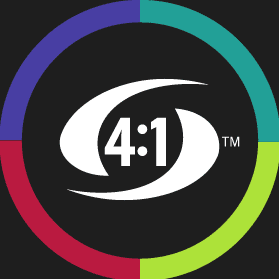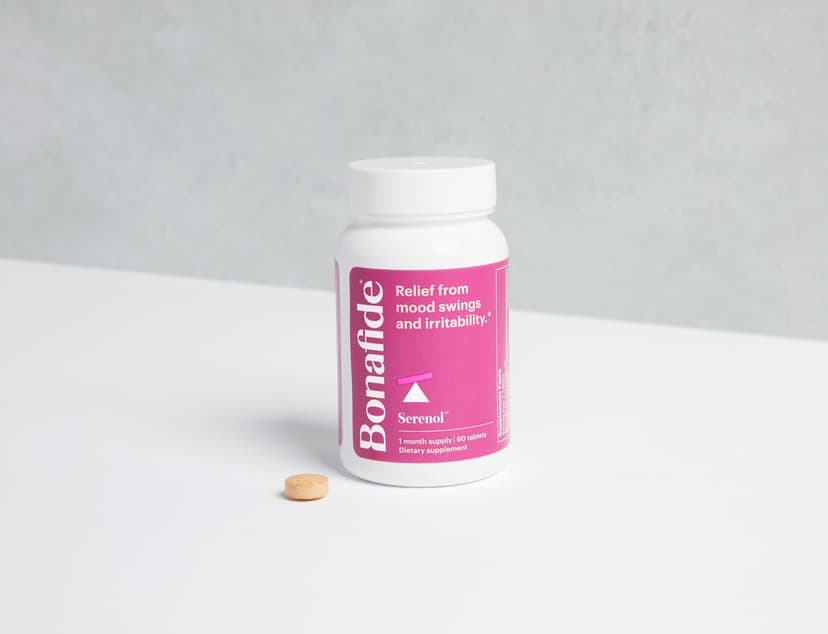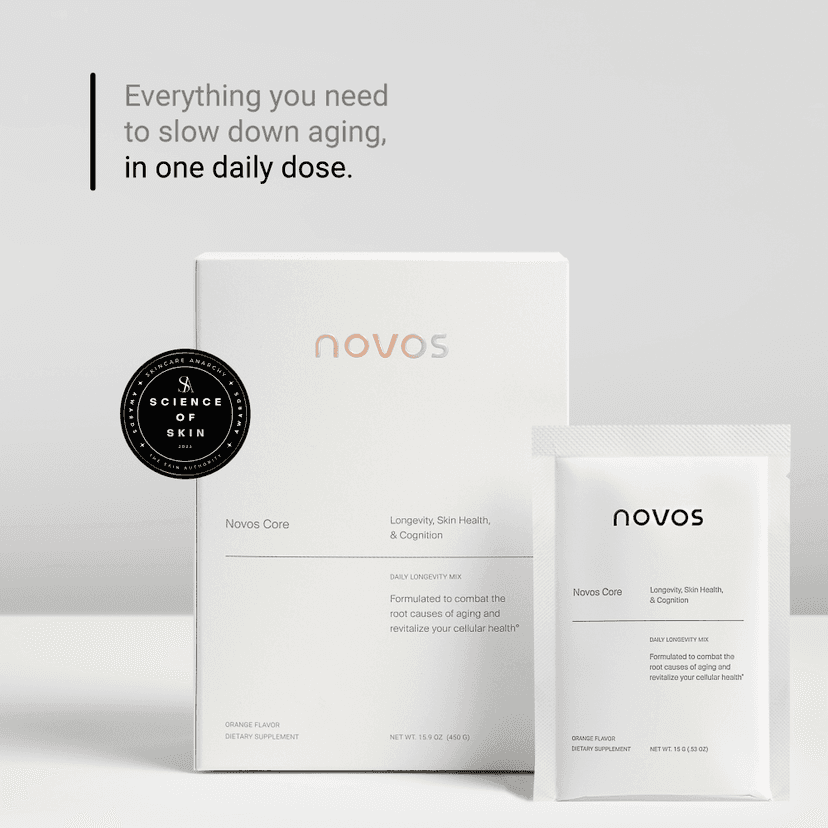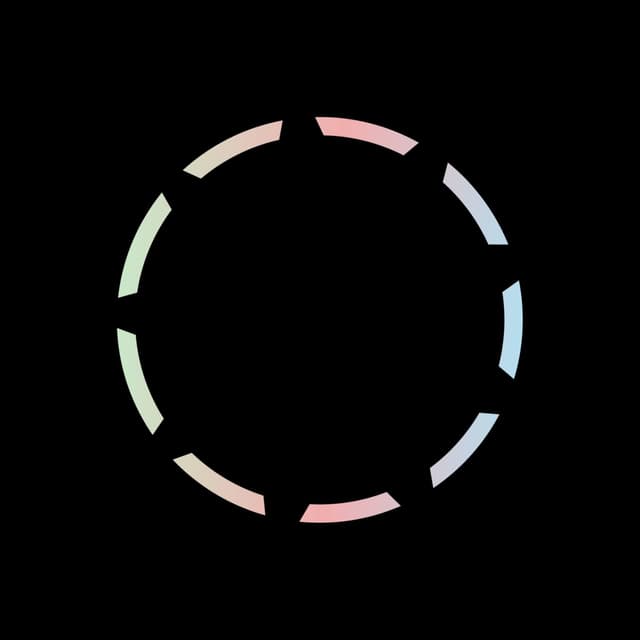Sleep wearables have become very popular. People use them to track their sleep patterns and improve their health. But do these gadgets really work? This article will explore how sleep wearables function, compare popular brands, and discuss their accuracy. We'll also look at how to understand the data they provide, their comfort, and future trends.
Key Takeaways
- Sleep wearables help people monitor their sleep patterns and overall health.
- Different brands offer unique features, but not all are equally accurate.
- Scientific studies show that sleep wearables provide useful, but not perfect, data.
- Understanding sleep data can help improve sleep quality.
- The future of sleep wearables includes exciting new technologies and improvements.
Understanding Sleep Wearables
How Sleep Wearables Work
Sleep wearables use sensors to track your movements and heart rate while you sleep. These devices can estimate when you fall asleep, wake up, and how much time you spend in each sleep stage. They use algorithms to analyze the data and provide insights into your sleep patterns.
Types of Sleep Wearables
There are several types of sleep wearables available:
- Smartwatches: These are worn on the wrist and often have multiple functions beyond sleep tracking.
- Rings: These are worn on the finger and are usually more focused on sleep and activity tracking.
- Headbands: These are worn on the head and can provide more detailed sleep data.
- Bedside Devices: These are placed near your bed and use sensors to monitor your sleep without being worn.
- Under-Mattress Devices: These are placed under your mattress and track your sleep through sensors.
Key Features to Look For
When choosing a sleep wearable, consider the following features:
- Accuracy: Look for devices that have been validated by scientific studies.
- Comfort: The device should be comfortable to wear throughout the night.
- Battery Life: Ensure the device can last through the night without needing a recharge.
- Data Analysis: The device should provide easy-to-understand insights and recommendations.
- Integration: Check if the device can sync with other health apps and devices.
Sleep wearables are becoming more advanced, but they still have limitations. They can provide useful insights, but they are not a replacement for professional medical advice.
Comparing Popular Sleep Wearables
Apple Watch vs. Fitbit
When it comes to sleep tracking, both the Apple Watch and Fitbit have their strengths. Apple has improved its sleep tracking features with WatchOS 9, making it a strong competitor. Fitbit, on the other hand, has been a leader in the market for years. Here's a quick comparison:
| Feature | Apple Watch | Fitbit |
|---|---|---|
| Sleep Stages | Yes | Yes |
| Heart Rate Monitoring | Yes | Yes |
| Sleep Score | Yes | Yes |
| Battery Life | 18 hours | Up to 7 days |
Oura Ring vs. Whoop Strap
The Oura Ring and Whoop Strap are two popular choices for those who prefer not to wear a traditional watch. The Oura Ring is known for its sleek design and comprehensive sleep analysis, while the Whoop Strap offers detailed recovery metrics. Here's how they compare:
- Oura Ring: Lightweight, tracks sleep stages, heart rate, and body temperature.
- Whoop Strap: Focuses on recovery, provides strain and sleep scores, and offers coaching tips.
Garmin Vivosmart 4 vs. Muse Headband
Garmin Vivosmart 4 and Muse Headband cater to different needs. The Vivosmart 4 is a fitness tracker with sleep tracking capabilities, while the Muse Headband is designed specifically for sleep and meditation. Here's a brief comparison:
| Feature | Garmin Vivosmart 4 | Muse Headband |
|---|---|---|
| Sleep Stages | Yes | Yes |
| Heart Rate Monitoring | Yes | No |
| Meditation Support | No | Yes |
| Battery Life | Up to 7 days | Up to 10 hours |
Choosing the right sleep wearable depends on your specific needs and preferences. Whether you prioritize battery life, detailed sleep metrics, or additional features like meditation support, there's a device out there for you.
Accuracy of Sleep Data
Scientific Studies on Wearable Accuracy
Sleep trackers are popular, but only a few studies have looked into how accurate they really are. Research shows that compared to polysomnography (PSG) tests, which are the gold standard for diagnosing sleep disorders, sleep trackers are only accurate about 78% of the time when identifying sleep versus wakefulness. This accuracy drops to around 38% when estimating how long it took participants to fall asleep.
Common Sources of Error
Many sleep trackers rely on actigraphy, a technology that measures movement. This can lead to inaccuracies. For example, a tracker might think you're sleeping if you're lying still but awake. Watches that use heart rate data tend to be a bit more accurate, but even these have their limitations. The differences between devices and the lack of extensive research make it hard to determine their true accuracy.
User Experiences and Testimonials
Users have mixed feelings about the accuracy of sleep wearables. Some find them helpful for getting a general idea of their sleep patterns, while others are frustrated by the inconsistencies. Here are some common points users mention:
- Some trackers miss entire nights of data.
- Data can be hard to interpret.
- Consistency varies between different brands and models.
While sleep wearables offer some insights, they are not a replacement for professional sleep studies.
Interpreting Sleep Data
Understanding Sleep Stages
Sleep stages are different phases your body goes through during the night. These stages include awake, REM, light, and deep sleep. Each stage has a unique role in your overall rest and recovery. For example, deep sleep is crucial for physical recovery, while REM sleep is important for mental restoration. Knowing these stages helps you understand your sleep patterns better.
Making Sense of Sleep Scores
Many sleep wearables provide a sleep score, which is a number that sums up the quality of your sleep. This score is usually based on factors like sleep duration, sleep stages, and restfulness. A higher score generally means better sleep. However, it's important to look at the individual components of the score to get a full picture of your sleep health.
Using Data to Improve Sleep
Once you understand your sleep data, you can use it to make changes to your routine. Here are some steps you can take:
- Adjust your bedtime: Try to go to bed and wake up at the same time every day.
- Create a bedtime routine: Activities like reading or taking a warm bath can help you relax before bed.
- Limit screen time: Avoid using electronic devices at least an hour before bed.
By making small changes based on your sleep data, you can improve your sleep quality over time.
Practicality and Comfort
Wearing Sleep Trackers All Day
Sleep trackers should be comfortable enough to wear all day without causing any discomfort. Lightweight and discreet designs are favored because they allow users to forget they are even wearing a device. This is especially important for those who prefer to wear their trackers both day and night to monitor overall activity and sleep patterns.
Comfort During Sleep
Comfort during sleep is crucial for any sleep wearable. Trackers that are too bulky or have rough edges can disrupt sleep, defeating their purpose. Many users prefer devices made from soft, pliable materials like silicone, which are gentle on the skin. Additionally, features like guided meditations and soothing sounds can enhance the sleep experience.
Battery Life and Maintenance
Battery life is another important factor. A good sleep tracker should last several days on a single charge to avoid frequent interruptions. Maintenance is also key; the device should be easy to clean and durable enough to withstand daily wear and tear.
A sleep tracker that is uncomfortable or requires constant charging can quickly become more of a hassle than a help.
Actionable Insights from Sleep Wearables
Personalized Sleep Advice
Sleep wearables can provide tailored advice based on your unique sleep patterns. They analyze your nightly rest and daily activities to offer suggestions that fit your lifestyle. For instance, if you had an intense workout, the wearable might recommend extra rest.
Integrating Data with Daily Routine
These devices don't just track your sleep; they help you integrate this data into your daily life. You can use the insights to adjust your bedtime, improve your sleep environment, or even change your diet. Here are some ways to use the data:
- Adjust your bedtime for better rest
- Improve your sleep environment
- Modify your diet for better sleep quality
Long-term Benefits of Sleep Tracking
Tracking your sleep over time can lead to significant long-term benefits. By consistently following the advice from your wearable, you can improve your overall sleep quality, which in turn can enhance your daily performance and well-being.
Consistent use of sleep wearables can lead to better sleep habits and improved health over time.
Future of Sleep Wearables
Upcoming Technologies
The future of sleep wearables is bright with new technologies on the horizon. Advanced sensors and AI algorithms are expected to make these devices more accurate in tracking sleep stages. Innovations like non-contact wearables, which can monitor sleep without being worn, are also being developed.
Potential Improvements
There are several areas where sleep wearables can improve. These include:
- Accuracy: Enhancing the precision of sleep stage detection.
- Battery Life: Extending battery life to reduce the need for frequent charging.
- Comfort: Making devices more comfortable to wear during sleep.
- Integration: Better integration with other health apps and devices.
Market Trends
The sleep wearable market is growing rapidly. The industry, part of a $30 billion sleep improvement market, is seeing increased demand due to rising awareness of sleep health. More people are using these devices to track and improve their sleep, especially in the wake of the COVID-19 pandemic, which has led to a rise in sleep issues, often referred to as "coronasomnia."
The future of sleep wearables looks promising, with advancements in technology and growing market demand driving innovation.
Conclusion
In conclusion, sleep wearables offer a convenient way to monitor your sleep patterns and overall health. While they may not be as accurate as professional sleep studies, they provide valuable insights that can help you improve your sleep habits. These devices are especially useful for tracking general trends and identifying potential issues. However, it's important to remember that they are not a substitute for medical advice. As technology continues to advance, we can expect these wearables to become even more reliable and informative. For now, they serve as a helpful tool for anyone looking to better understand their sleep and make positive changes.
Frequently Asked Questions
How do sleep wearables track sleep?
Sleep wearables use sensors to monitor your movements, heart rate, and sometimes even your breathing. They use this data to estimate when you're asleep and what stage of sleep you're in.
Are sleep wearables accurate?
Sleep wearables can give you a good idea of your sleep patterns, but they aren't 100% accurate. They are better at tracking overall sleep time than specific sleep stages.
Can sleep wearables help improve sleep?
Yes, sleep wearables can provide insights into your sleep habits and offer tips to improve your sleep. However, it's important to follow healthy sleep practices as well.
Do I need to wear sleep trackers all day?
Some sleep wearables are designed to be worn all day to track activities and provide more accurate sleep data. However, it depends on the device and your personal preference.
Are sleep wearables comfortable to wear at night?
Comfort varies by device. Some people find rings or headbands more comfortable than wristbands. It's a good idea to try different types to see what works best for you.
How long do the batteries last on sleep wearables?
Battery life depends on the device. Some sleep wearables need to be charged daily, while others can last several days or even weeks on a single charge.


